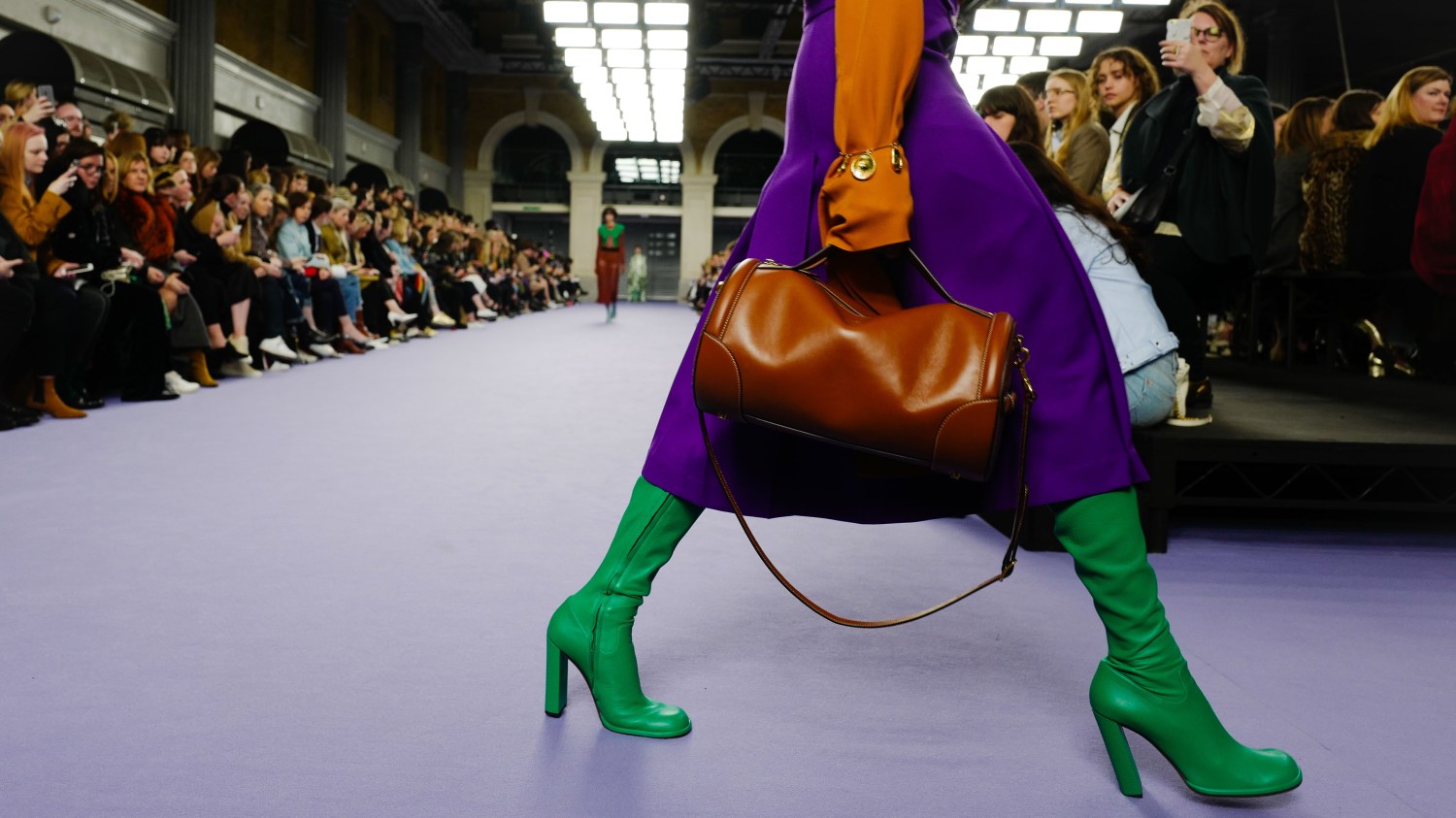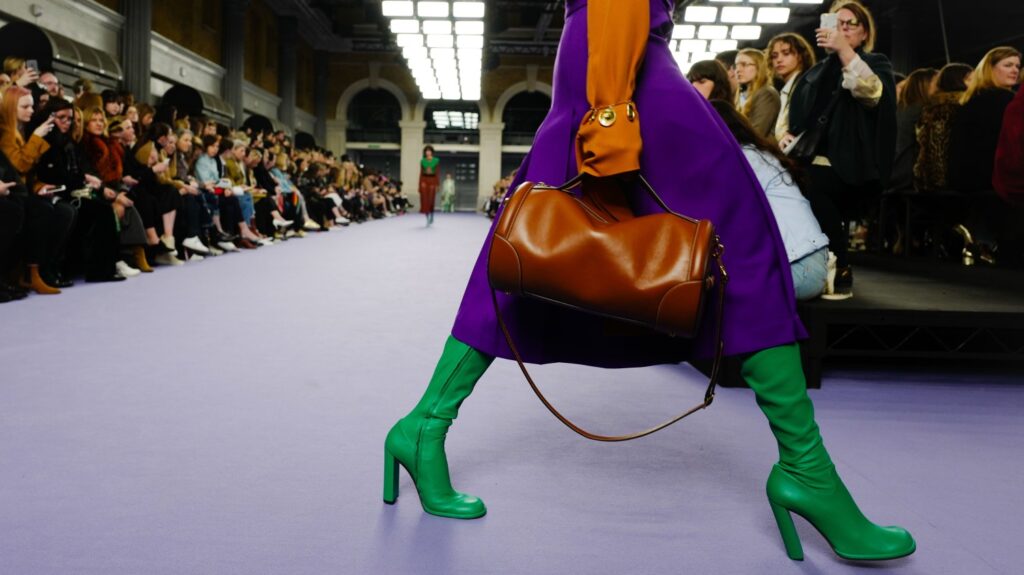
Helen Brocklebank, head of Walpole, which represents companies in fashion, design and hospitality, urges the government to rethink its plan

Walpole’s members say AI tools trained on copyright-infringing material can be used to replicate designs
Britain’s biggest brands have said Labour’s plan to overhaul copyright law to benefit AI companies is the “wrong approach” and is a “damaging proposal” to their £80 billion industry.
Helen Brocklebank, chief executive of Walpole, an industry group that represents 250 of the top luxury companies in the fashion, beauty, cars, design and hospitality sectors, has urged the government to “rethink its plan” to reform the copyright regime.
Walpole members include Chanel, Burberry, Dunhill, Alexander McQueen, Mulberry, Wedgwood, Harrods, Rolls-Royce and Cunard.

Helen Brocklebank, chief executive of Walpole, says intellectual property rights are a fundamental part of the luxury industry
DAVE BENETT/GETTY IMAGES
Ministers are proposing to allow tech companies to take copyrighted works to develop AI software without permission, unless the owner opts out. They believe this is necessary to attract AI companies to the UK.
The plans have sparked outrage from the £126 billion UK creative sector, and Walpole’s intervention suggests that opposition runs deep in Britain’s business community too.
Walpole’s members believe AI tools trained on copyright-infringing material can be used to replicate designs and images that will “undermine creative integrity”.
In a statement to The Times, Brocklebank said: “Intellectual property rights are a fundamental part of the UK’s £81 billion high-growth luxury industry. Our sector is projected to grow to £125 billion; the government’s proposed plans threaten this trajectory.
“Global luxury brands invest in the UK for a wide range of reasons including its strong creative industries, stable business environment and supportive legal framework. The proposed government approach risks undermining this framework and the creative industries that rely on it.
“Instead of pressing ahead with this damaging proposal, we are calling for the government to rethink its plan, stand up for copyright law and allow tech and creative businesses to continue to build a workable, equitable licensing system that will see both sides benefit.”
The fashion industry is particularly concerned about the impact of AI, as a brand might release multiple collections a year — therefore its intellectual property could be infringed more frequently.
Walpole’s intervention will increase pressure on Peter Kyle, the technology secretary, to rethink the copyright shake-up. He is currently in California meeting AI companies such as OpenAI, Anthropic and chipmaker Nvidia to “bang the drum” for Britain. He has yet to meet Walpole or the luxury industry over the plans.

Walpole members include Harrods and, below, Rolls-Royce
GETTY IMAGES

ALAMY
Brocklebank takes issue with two key justifications for the proposed overhaul: that copyright holders will be able to opt out of AI companies taking their works; and that the reform is necessary because other regions are doing the same.
She said: “A feasible opt-out system does not exist, so putting this proposal in place would only burden businesses and rights-holders with extra costs. While the cost of compliance with these plans would be considerable, there would also be an impact on wider business confidence.
“Legal cases around the world remain unresolved, and where courts have ruled, they have supported rights-holders. The EU’s approach, which the UK aims to follow, was designed at a time when generative AI was still theoretical. It is now unfit for purpose.”
A consultation on the shake-up, which ended last month, has received 11,000 submissions. Kyle told the Leading podcast that a government response would be published “in the coming period” but pledged he “will not sell creative artists downstream” to attract AI companies.
Baroness Kidron, a crossbench peer and film-maker who has been leading a campaign against the government’s plans, said: “I am delighted that Walpole has said publicly what dozens of business leaders have been saying to me privately: that the government’s proposal on creative copyright and AI is economically damaging, technically unfeasible and narrow-minded. The government has failed to look at the investments of businesses with large investments in the UK that rely on creative skills and copyright protections.
“We need a government willing to look after UK’s wealth builders, UK AI companies and UK creatives, who are all standing together asking the government to stop the stealing of our copyright material right now. Anything less is just a giveaway to Silicon Valley.”
A government spokesperson said: “The status quo is holding back the creative industries, media and AI sector from realising their full potential — and that cannot continue.”
The Department for Science, Innovation and Technology said no decisions would be taken until copyright holders could easily license their content to AI companies.